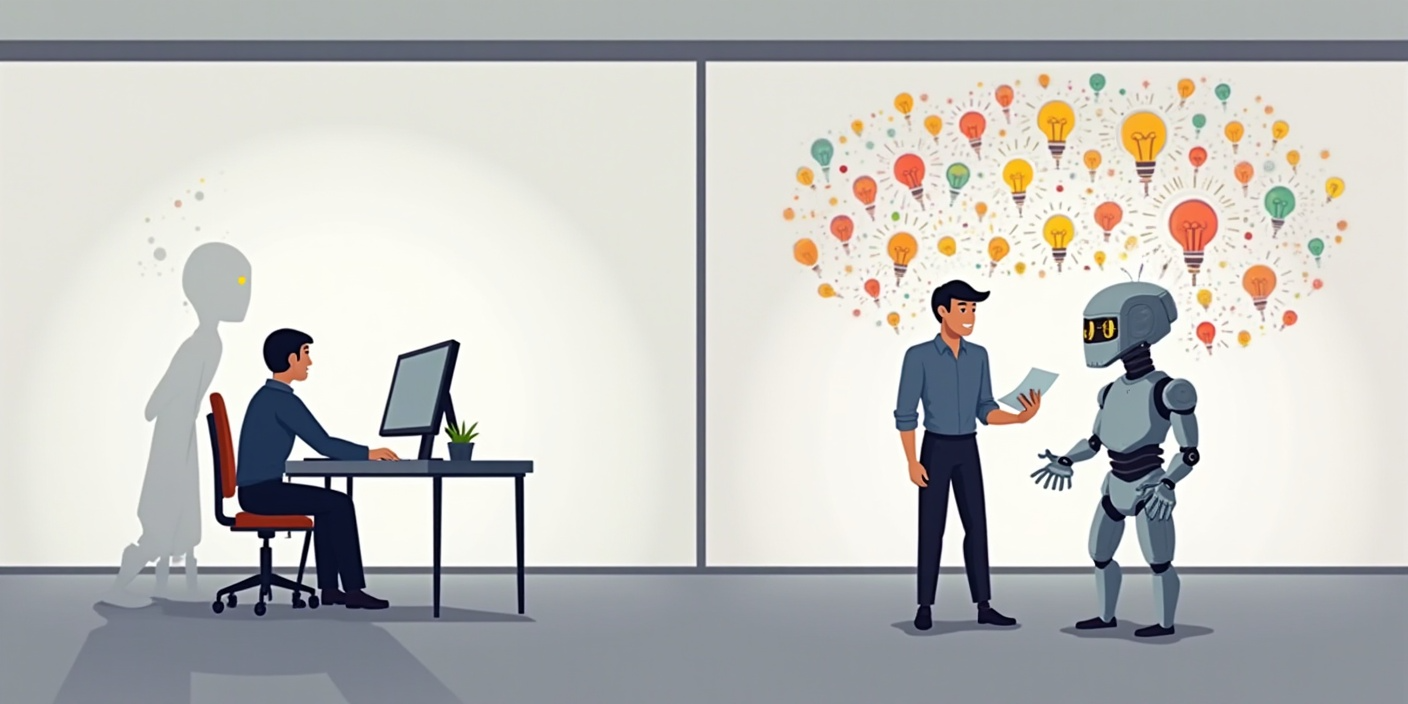News
1. Online meetings and messaging get smarter.
Zoom announced AI Companion (CNET, Zoom). Zoom’s new “AI Companion” briefs late attendees, provides post-meeting summaries and feedback on users’ performance, all at no additional cost to existing subscribers.
Slack is introducing a built-in AI tool, Slack AI, which will provide features like automated channel recaps and thread summaries to enhance message organization and user engagement, with testing scheduled for the upcoming winter (The Verge).
2. A new language model is coming.
Apple is heavily investing in artificial intelligence (The Verge). Apple is heavily investing in AI, dedicating millions daily, including a chatbot for AppleCare and task automation for Siri. Their advanced language model, internally named Ajax GPT, reportedly surpasses OpenAI’s GPT-3.5 in capabilities.
3. A new AI-powered financial assistant
Intuit Assist was unveiled (VentureBeat). Intuit has introduced “Intuit Assist,” an advanced AI assistant for its products, capable of understanding natural language, providing insights, and performing tasks like generating invoices and optimizing marketing campaigns. 4. OpenAI calls for developers.
OpenAI will have its first developer conference in San Francisco on November 6, 2023 (OpenAI). 5. 3D virtual world creation gets simpler.
Hiber added generative AI to its 3D world creation tools. Building 3D worlds becomes much easier (VentureBeat, IdeaEarly). 6. Lithium-ion batteries may have a new competitor.
Eos Energy, a company specializing in alternatives to lithium-ion batteries, has secured a loan of nearly $400 million from the US Department of Energy (DOE) to foster the development of zinc-halide batteries for cheaper renewable energy storage (MIT Tech Review).







